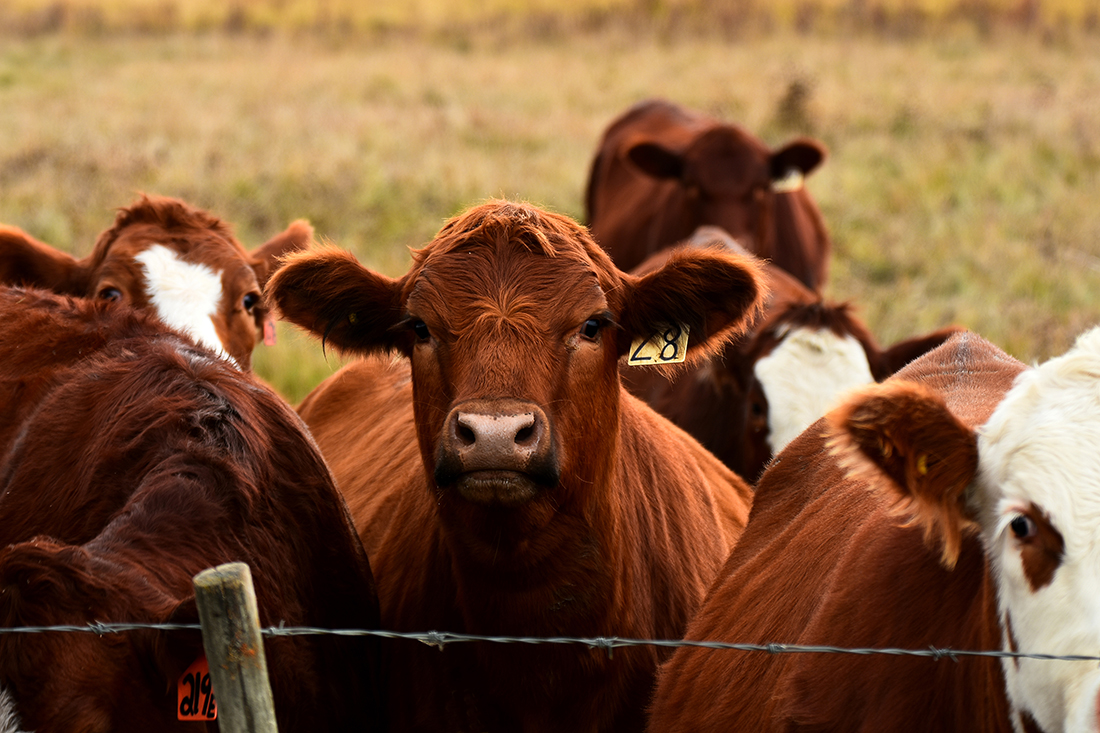A three-month consultation period is underway in the Township of Langley as the municipality seeks ways to reduce the red tape preventing farmers from farming.
The township has asked the Langley Farmers Institute to gather feedback prior to any changes.
“Our municipal government has approached us to do an analysis of the pros and cons and how it would impact Langley if it became non-regulated in the agricultural sense,” the institute said in a note to members.
The institute, formed in 2019, has approximately 50 members.
Deregulation was part of the platform Eric Woodward put forward when he ran for township mayor last year after serving his first term on city council. A former member of the Langley Economic Development Advisory Committee, he foregrounded his business-oriented policies during his campaign.
Woodward was not immediately available for comment.
Research by the Canadian Federation of Independent Business has regularly underscored demand among farmers for fewer regulations.
“The overwhelming majority (99%) of farmers agree that governments must consider the financial and practical impact of new policies and regulations on the sector before implementing them,” it stated last year in the run-up to the annual meeting of federal, provincial and territorial agriculture ministers.
“Governments should work on removing roadblocks, namely red tape, government regulation and the excessive carbon tax burden, that are hampering agri-businesses’ recovery,” Virginia Labbie, senior policy analyst for agri-business at CFIB said at the time. “Canadian food producers don’t have room for innovation or improvement if they’re constantly facing the burden of new regulations and escalating carbon taxes.”
While billed as a deregulation initiative, Langley has no plans at the moment to ask the province to release the township from an order in council requiring local bylaws that affect agriculture be reviewed by the BC Ministry of Agriculture and Food prior to enactment.
Township of Langley is one of four municipalities regulated by the province. The other three include Abbotsford, Delta and Kelowna.


 World’s best vermouth from Vancouver Island
World’s best vermouth from Vancouver Island